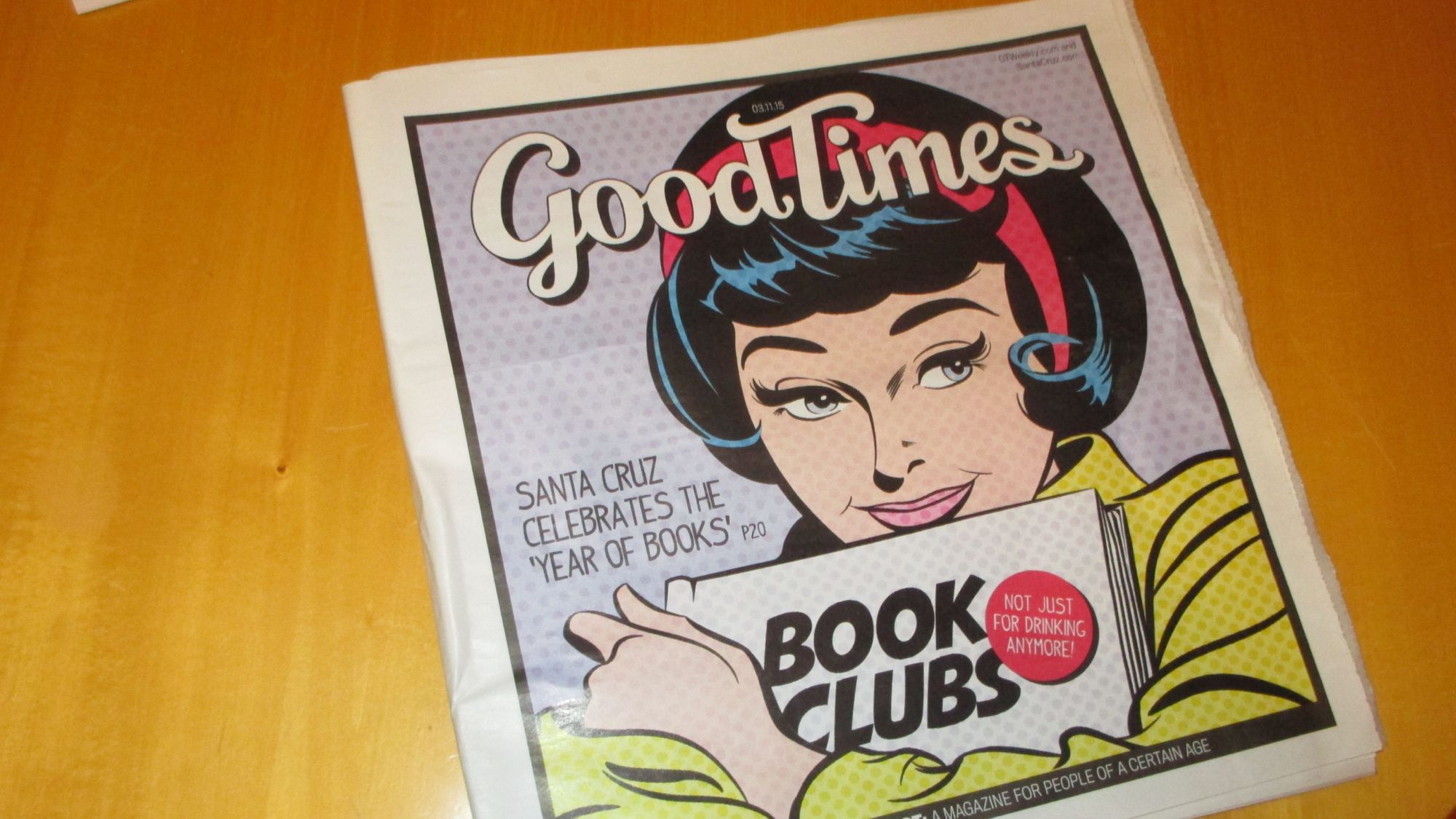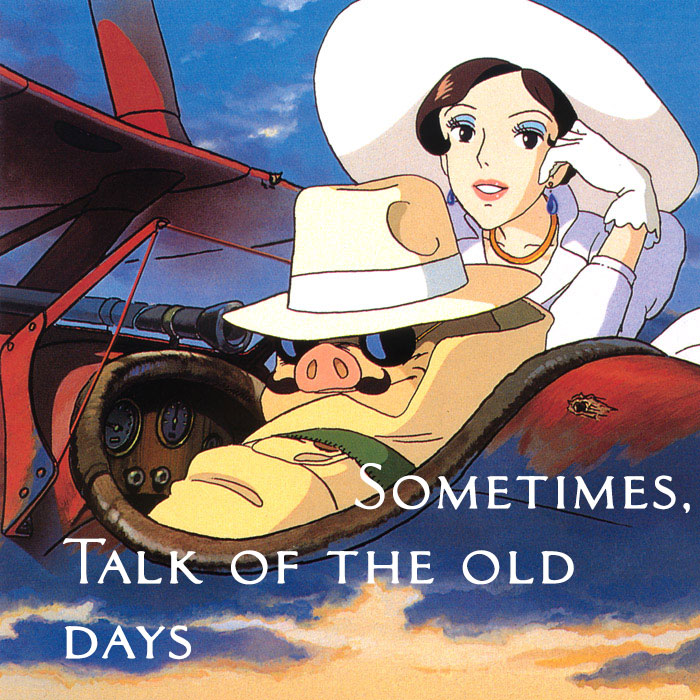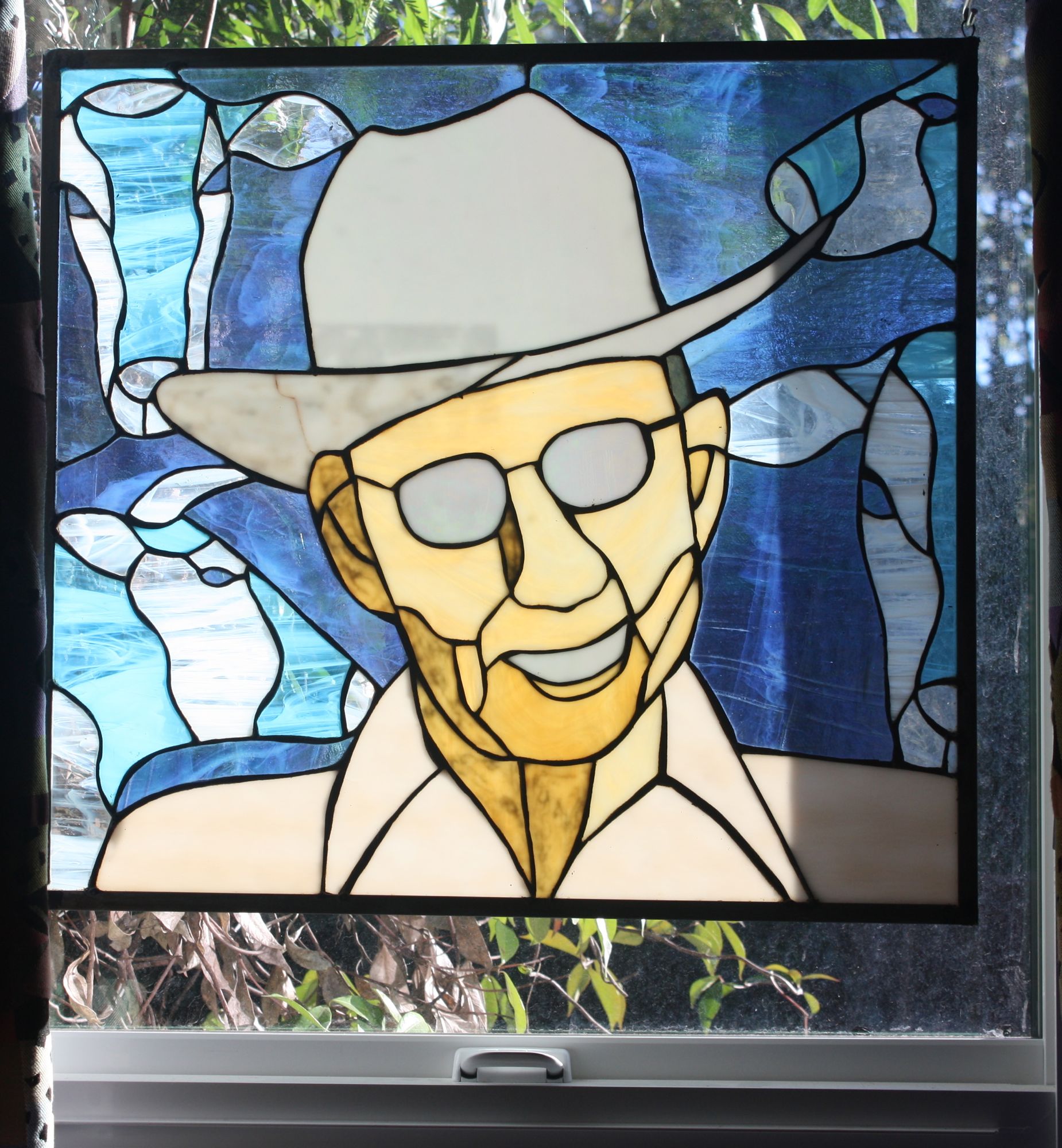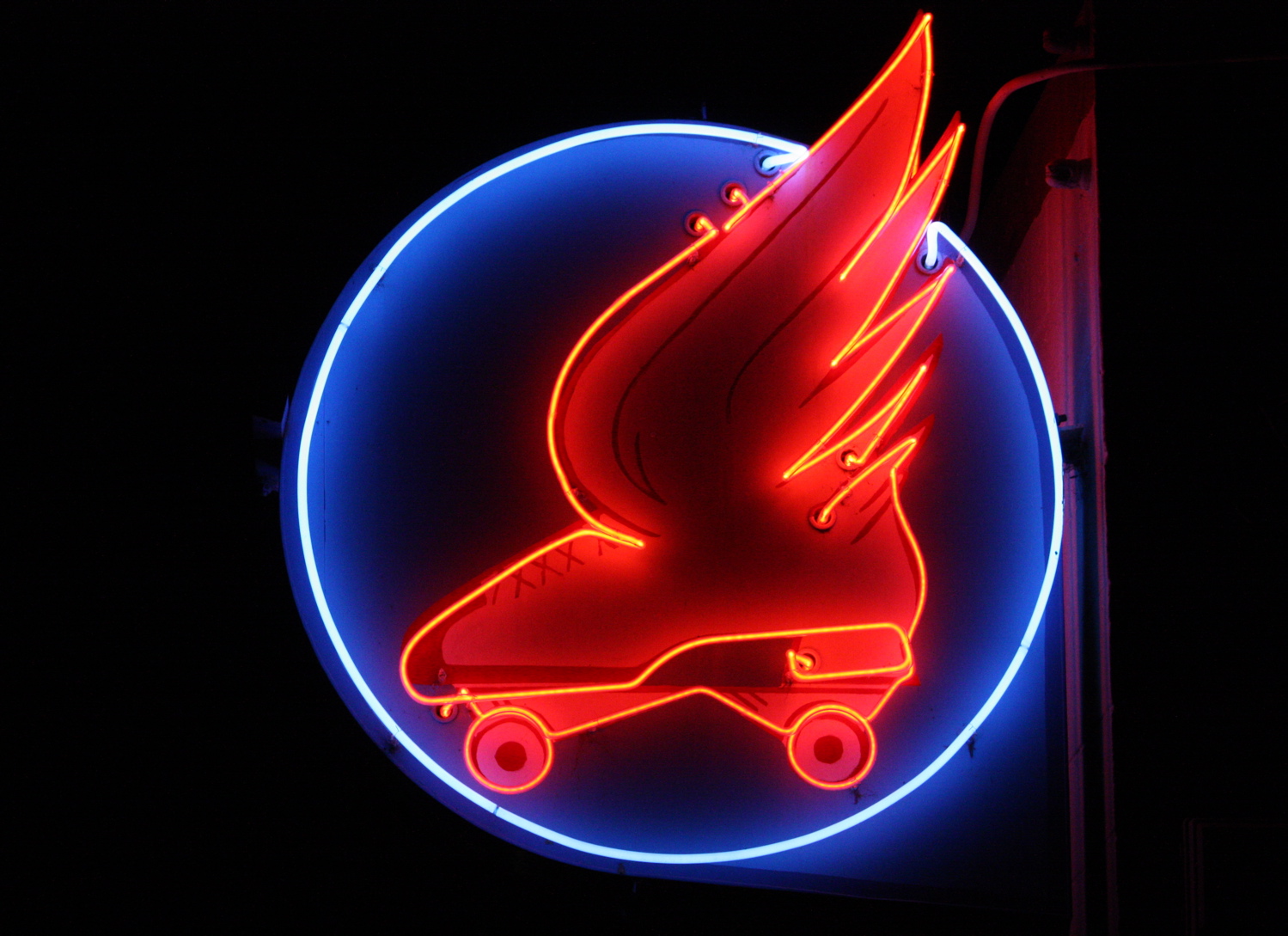(A short story: not a masterpiece. But if you don’t keep writing, you don’t get better. Enjoy.)
His seat-mate Chad (“Hi, I’m CHAD! Here’s my card!”) could talk endlessly about multi-level marketing and the success to be had therein. And did. Especially for a product called “Legal Herbs.”
But when the seatbelt light went out, Chad immediately bolted for the lavatory: a short, jittery man with a fixed smile for whoever or whatever loomed near.
Bob grabbed a drink — all right, two — and considered a seating change. The plane was half-empty; Anchorage lay four hours distant.
But he considered himself a student of people. Kept at arm’s length, Chad might prove interesting. Or at least memorable.
Bob finished his drink. The pilot spoke: altitude was 25,000 feet; all was well. Chad continued to be absent. Bob reached for a book: Zen and the Art of Technical Support.
And then Chad loomed over him, spouting gibberish and smelling like burnt oregano. There followed an interlude of multiple flight attendants, a little light scuffling, and some discussion of legal herbs and their effects. Chad, in the end, had his seat again, a warning from the co-pilot, and eyes the color of ripe tomatoes.
“How are you feeling now?” Bob asked with real concern. He’d smoked the occasional Mystery Joint himself.
“Okay, I guess,” Chad answered in a distant voice. “I feel like something sucked out my mind and put it in an android in the year 15,000.” He gripped Bob’s wrist and leaned into his face.
He hissed, “BECAUSE THAT’S WHAT REALLY HAPPENED.”
“I’ll listen to anything you want to say,” Bob said, shakily. “Just stay calm, and relax.”
“I’m calm.” Chad sank back in his seat, breathing heavily. “I’m relaxed.” His eyes scanned the cabin wildly. “Just let me tell you….”
And he did. Chad had a vision of the future, and it was a mash-up of Edgar Rice Burroughs and Blade Runner seen through a broken kaleidescope. In the year 14,500, after doing every possible thing under the sun, mankind decided to push off from Earth and start doing it under some other sun. They left behind scads of empty cities, piles of cast-off scientific marvels, a few hundred thousand die-hards who refused to leave, and several races of savage mutants that came out of hiding once the coast was clear.
The remaining humans had their hands full fighting off the mutants and figuring out how to work the left-over scientific marvels. They retreated to several walled cities which they defended with death rays and swords while wearing very little clothing.
The humans were losing until their amateur technologists figured out how to fire up an android factory, and also how to use a time machine that had been clearly labeled DO NOT TOUCH. They understood it enough to see the past, and to suck the souls of past humans forward in time and install them in the android soldiers.
“It was like the French Foreign Legion,” Chad said. “Except that everybody was seven feet tall with glowing eyes and impenetrable skin. People from all different places and times. We defended the human colonies. We fought the mutants. There was the green kind with six arms and frog faces, and the humanoid cats, and oh man, the winged monkeys. They were the worst.
“We fought with them on the city walls, we fought them over treasure and technology in the old cities. Killed a lot of things, blew up a lot of things. It’s all a blur. But I was there for 70 years and never got old. Had a lot of sex, too. It was AWESOME.”
“I thought you were an android,” Bob said.
“I was a very good android.” Chad giggled. “I had android lovers and human lovers.I was bunking with my human commander when the mutants pulled a sneak attack on City Prime. That’s all I remember. Then I was back in the lavatory.”
Bob, an amateur writer, had been typing notes into his laptop. “So why aren’t you dead?”
“I ‘m dead in the future. They told me that if my body was ever destroyed, my mind would snap back through time to the present. And it has.”
“Okay,” Bob said. “Time Travel 101: now that you have all this knowledge about the future, couldn’t you change the timeline? Didn’t they worry about that?”
“No. They only take people who are absolutely going to die in their time. I probably have two or three more minutes. ” Chad’s face went sympathetic, in a detached sort of way. “Oh, and you, too. Sorry.”
This was too good. In his mind Bob was already writing the outline for a cheap but flashy science fiction novel that might actually sell. “So what’s going to happen?” he asked, typing vigorously.
Chad looked him in the eye, and there was something new there, something that hadn’t been there a half-hour ago. “Nothing. It’s just the drugs.” He looked toward a window and fell silent.
Chad, silent? It creeped Bob out more than any raving drug dream. He looked around the cabin. There was nothing to see.
Except for the seven-foot disc of light that blocked the passage to the lavatories. Through it stepped a generously-built young woman dressed in little but weapons and equipment straps. Everybody froze.
“Your attention please,” she called redundantly. “Is there a Chad Burbage on this aircraft?”
Chad shot out of his seat. “Fleena! You got the time travel to work!”
“It took 40 years.” She gathered Chad in one arm and kissed him passionately. “My, you’re short . We can fix that. ”
“Hey, Bob, it’s my old C.O! I’m going home! Maybe you should come with!”
“Go through now,” Fleena told him, and shoved the little man into the light. She faced the frozen passengers.
“I’m done. The portal will remain for 90 seconds. At that point this aircraft will intersect a flock of tundra swans. The port engine will suck in a bird and explode. The portal will vanish when the plane loses stability. You will all spin in to the ocean below. You will all die. Your bodies will never be found.
“Or you can go through this portal, be made young and strong, and spend the rest of your life fighting mutants in the far future. And having lots of sex, I’ll bet Chad mentioned that.
“I’ve seen how you people live. Mutants and sex are nothing but a step up for you.
“See you on the other side, or not.” She threw them a salute and stepped through.
The golden disk floated at the front of the cabin. Passengers began to whisper among themselves. The airliner bored on through the sky. Seconds ticked by as everyone watched everyone else.
“What about the cats?” an older woman whispered to her grey-haired husband. “They’ll live,” he assured her. They struggled out of their seats and, hand in hand, stepped through the portal.
Nobody else moved. Bob closed his laptop. He stared at the portal. It stared at him. He knew he had to make a decision. And that making no decision, was a decision.
Chad had proved to be a very interesting person, after all.
 The local entertainment weekly is most fond of its redesigned masthead, and had no idea that the “d” and the decorative “T” combined to make a pi symbol. I wrote them, of course. Graphic designers: gotta watch ’em.
The local entertainment weekly is most fond of its redesigned masthead, and had no idea that the “d” and the decorative “T” combined to make a pi symbol. I wrote them, of course. Graphic designers: gotta watch ’em.














